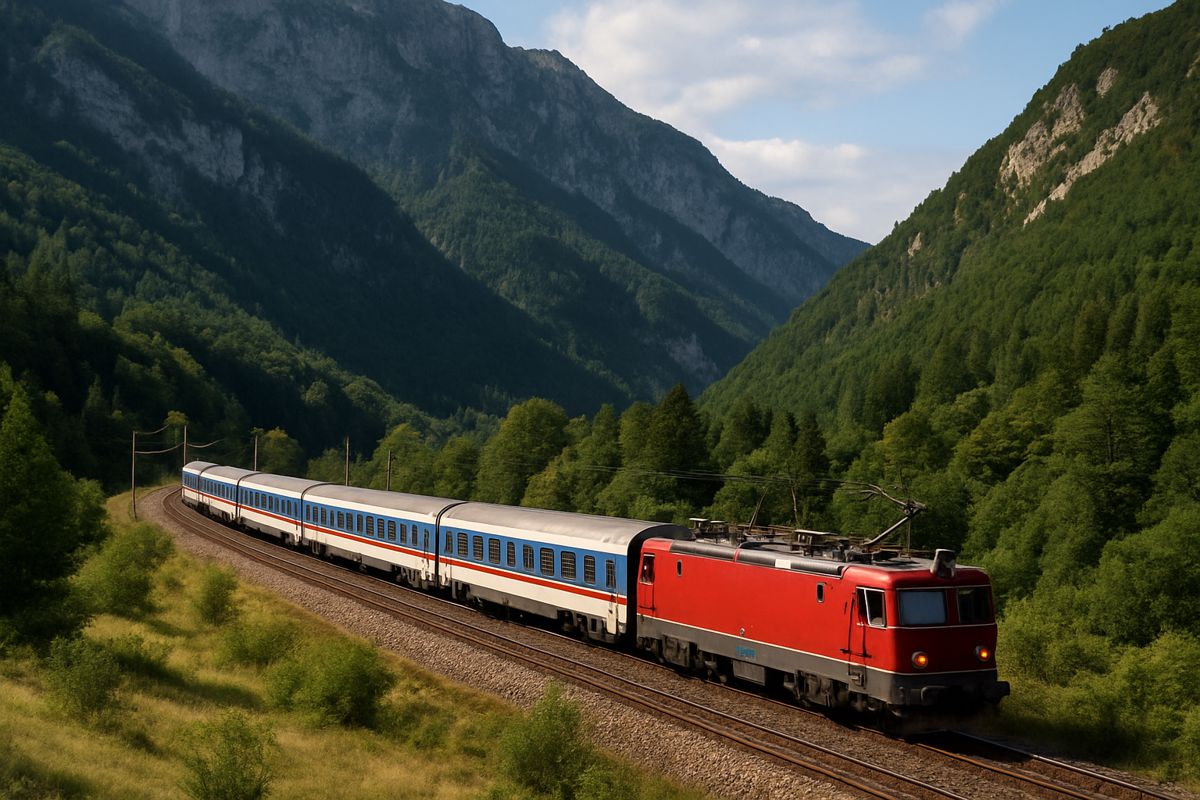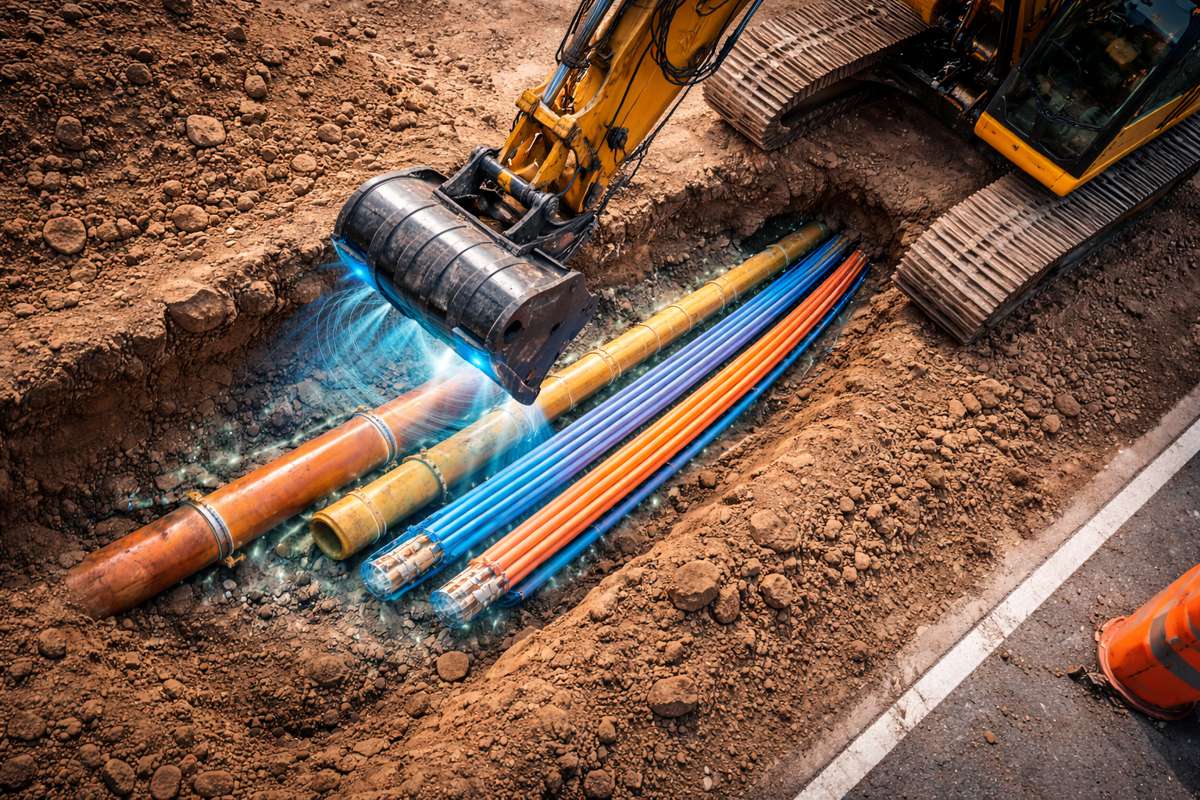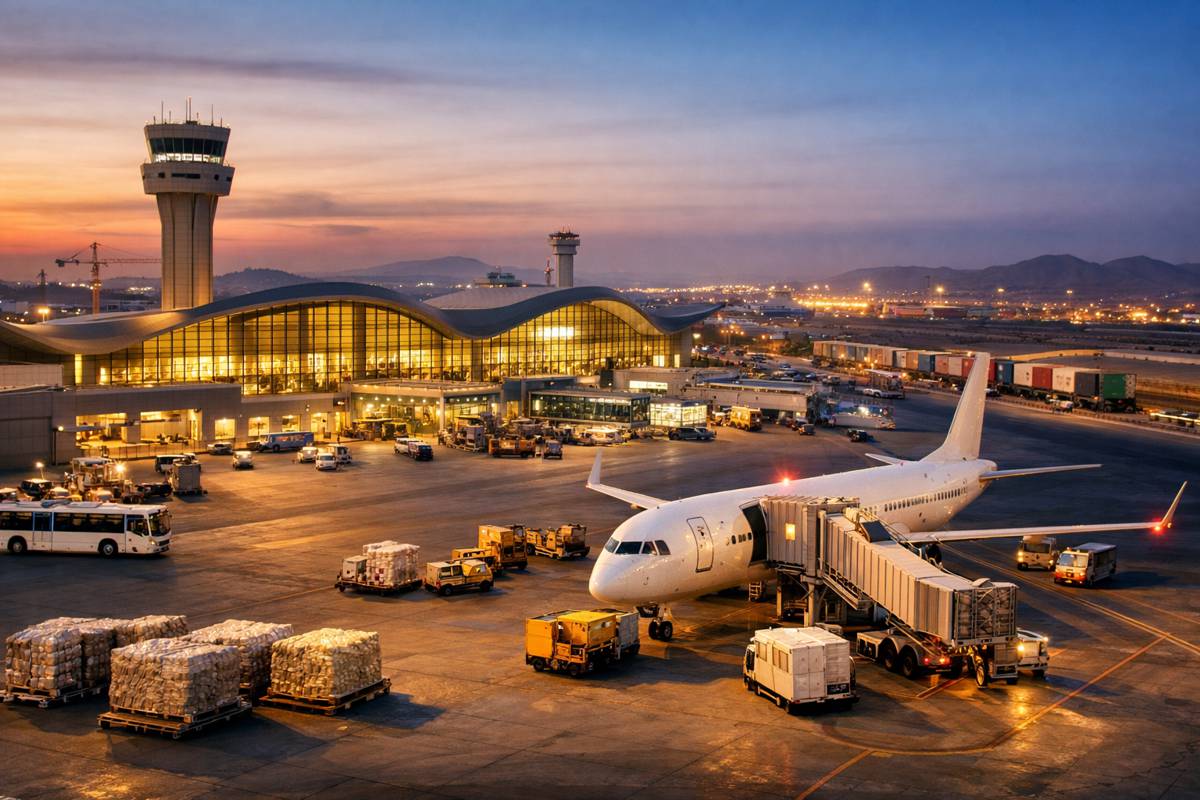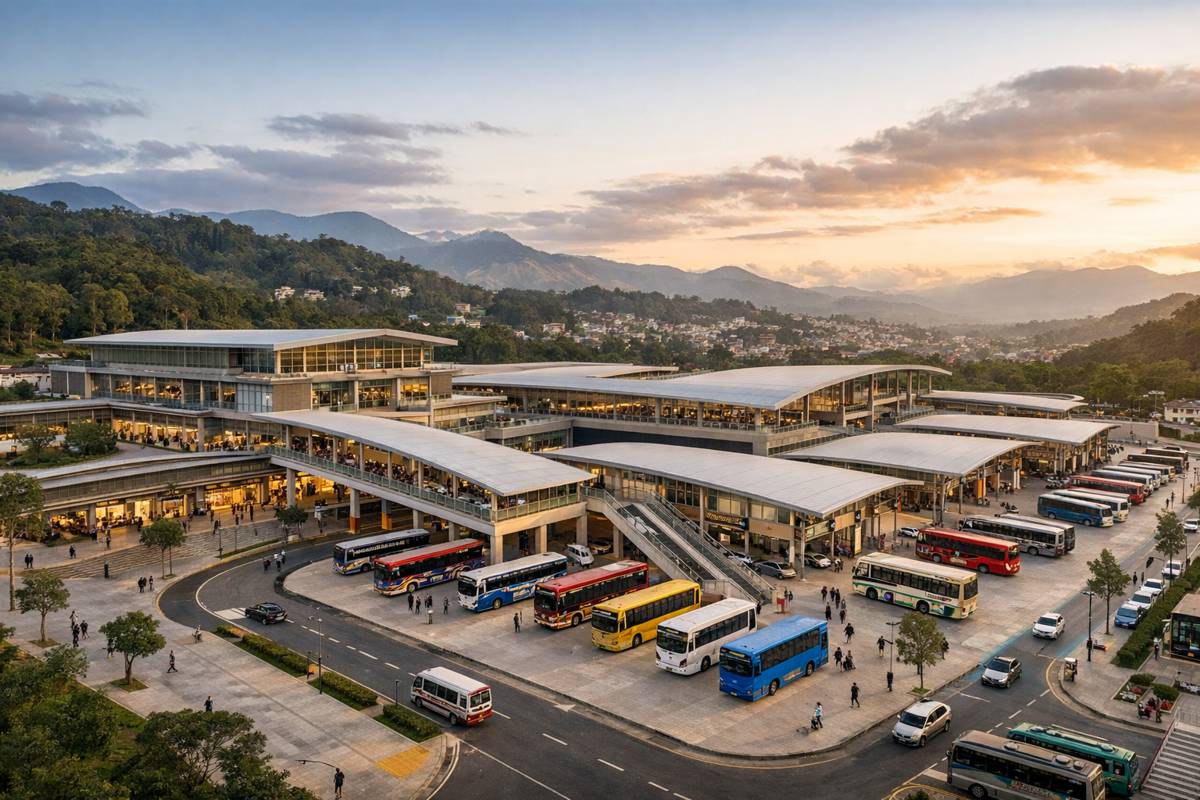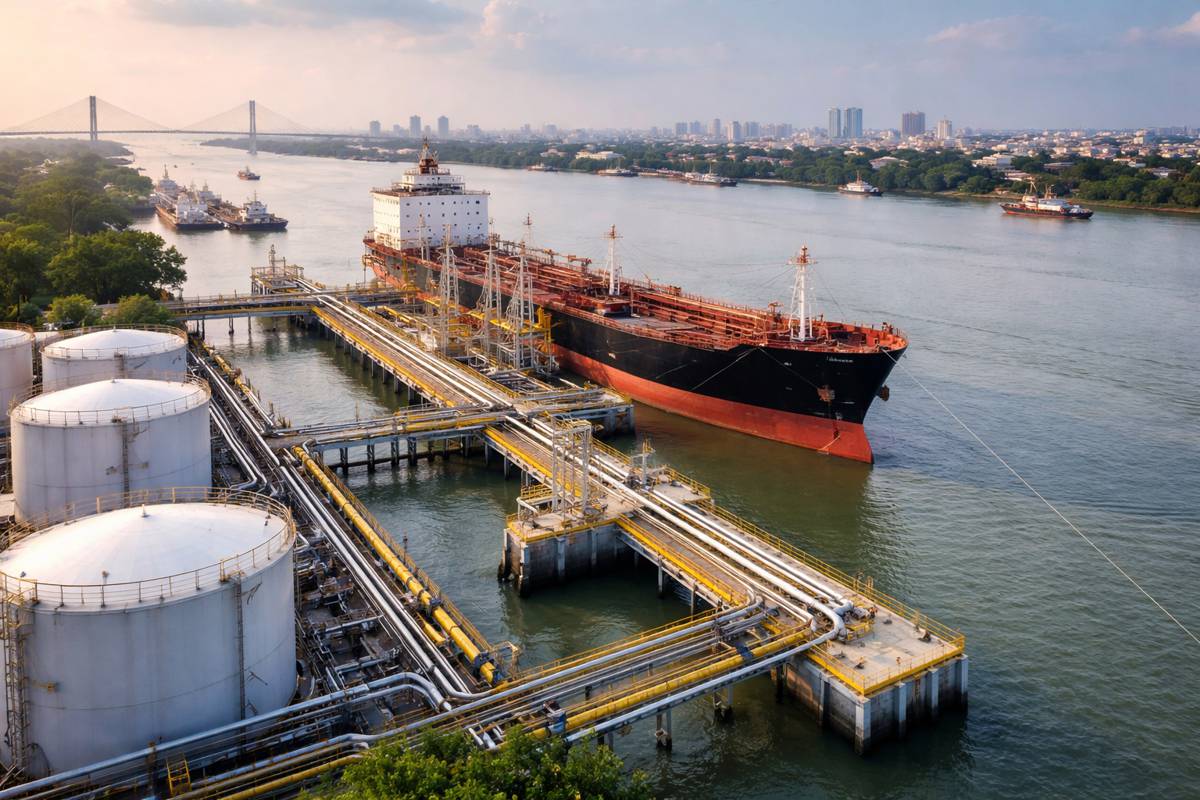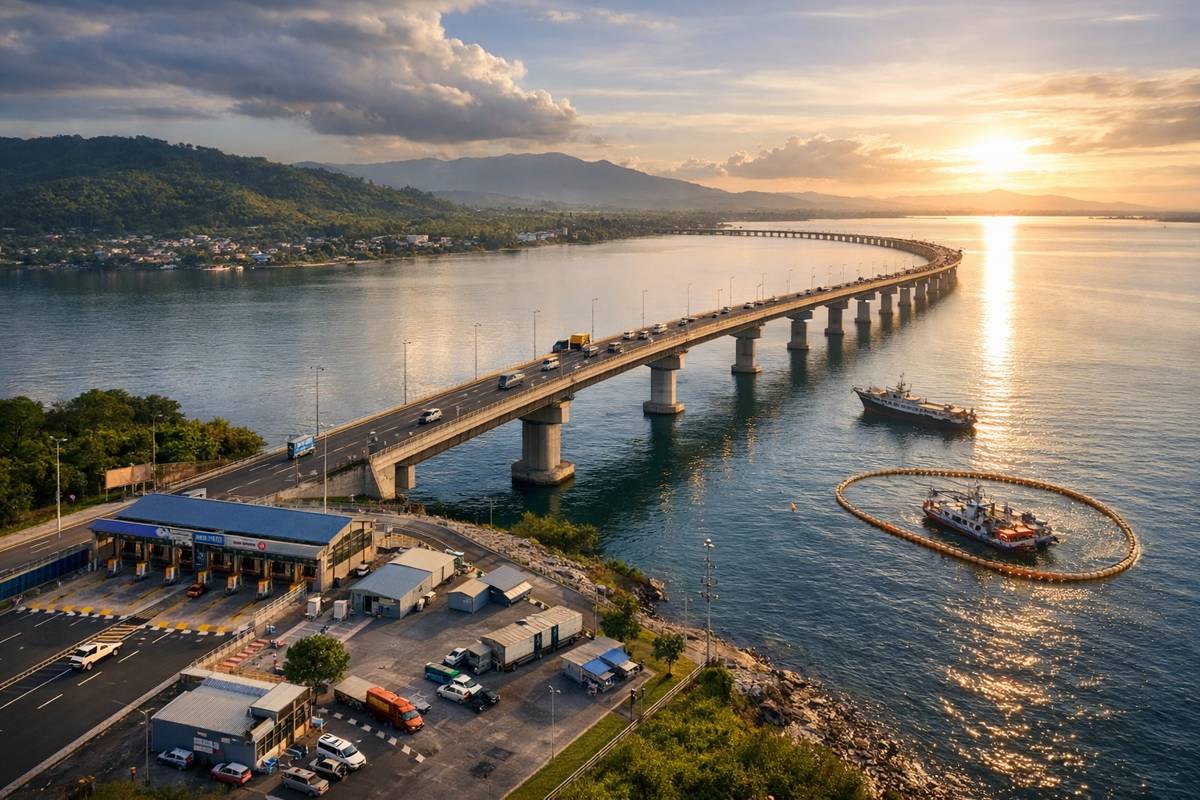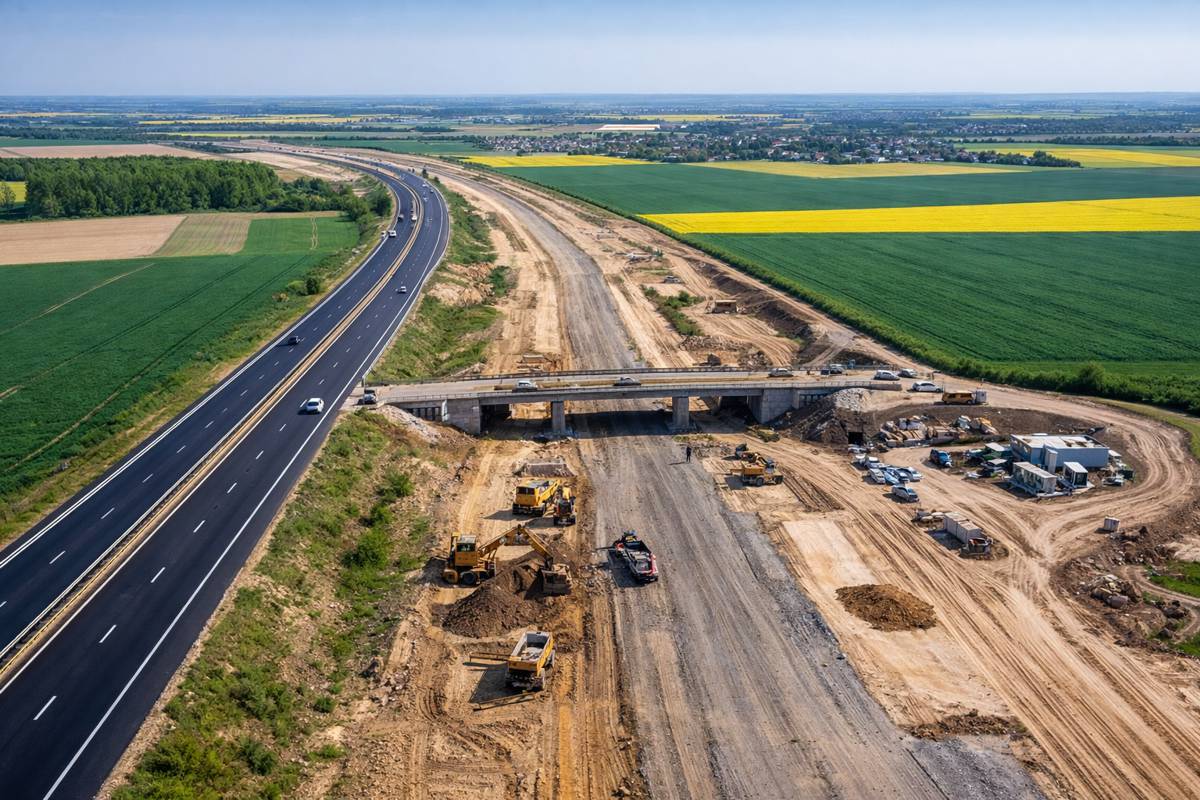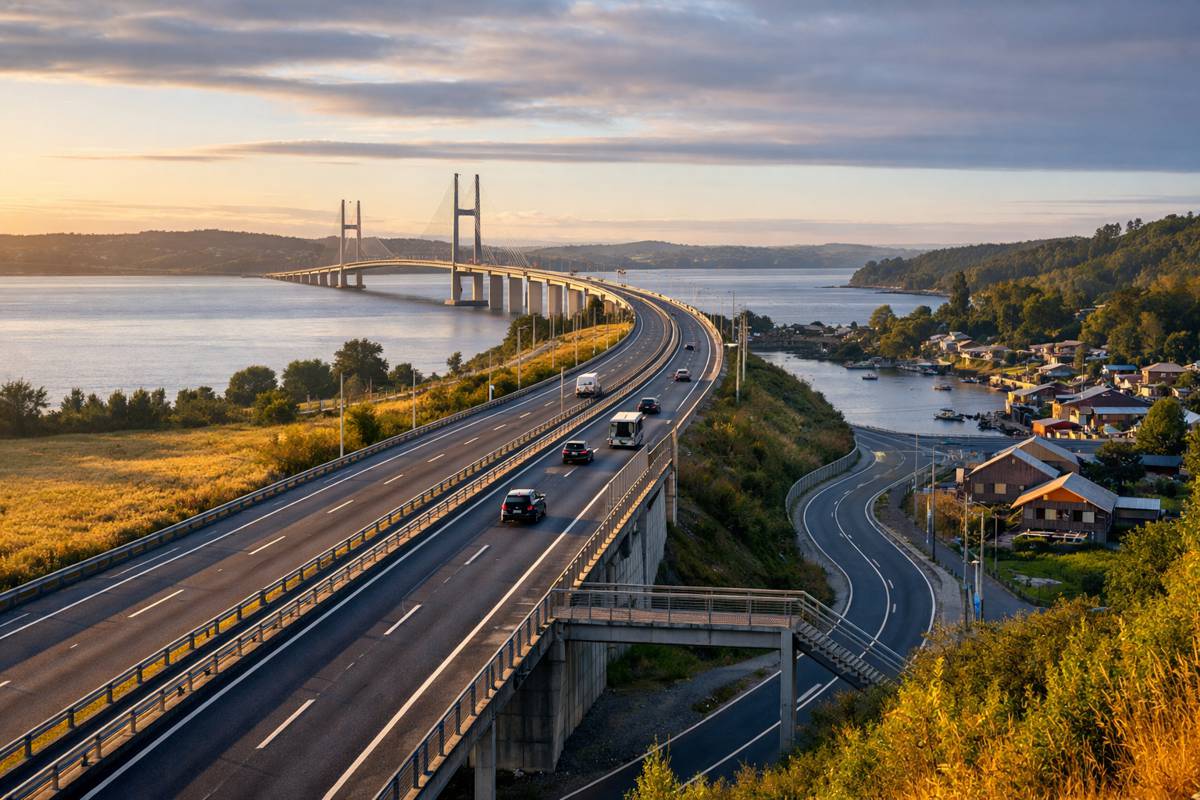Serbia Advances Rail Modernisation With New EBRD Investment
Serbia’s rail network is entering a new era of renewal as the European Bank for Reconstruction and Development commits up to €42 million in sovereign-guaranteed financing for the purchase of 12 modern sleeping cars. The investment marks a pivotal moment for the country’s long-term mobility ambitions, enabling its state-owned passenger operator, Srbijavoz, to upgrade international services and fully comply with European Union standards.
The move comes as Serbia continues pushing for greater alignment with European transport regulations, particularly in the context of expanding regional rail links. The current fleet of sleeping cars, outdated and not authorised to operate in EU countries, has long held back Serbia’s aspirations to strengthen cross-border passenger travel. By replacing these ageing vehicles, authorities hope to give rail passengers a safer, more comfortable and more reliable experience.
A Modern Fleet Positioned For Growth
Introducing the new sleeping cars will allow Srbijavoz to deliver services that match the expectations of an increasingly mobile population, especially travellers who rely on overnight routes. With a renewed focus on quality and interoperability, the new wagons are expected to enhance long-distance connections and support Serbia’s broader plans for sustainable transport.
Initially, the refurbished services will serve the well-travelled route between Belgrade and Bar in Montenegro. This line remains a favourite for both tourists and locals, thanks to its dramatic scenery and strategic importance. Over time, however, the plan is to expand these modernised services to additional international lines, including those linking Serbia with neighbouring EU member states.
The loan agreement reflects close cooperation between national authorities and international partners. The contract was signed by Ljubiša Pejičić, Acting Director General of Srbijavoz. The sovereign guarantee agreement was signed by Siniša Mali, First Deputy Prime Minister and Minister of Finance, and Jelena Čeperković, EBRD Deputy Head for Serbia.
Supporting Serbia’s Transport Evolution
Srbijavoz currently operates more than 20 passenger routes that stretch across urban, regional and international corridors. Modernising the fleet will help the operator meet rising demand and adapt to evolving passenger expectations. These improvements are also vital for supporting environmental goals as governments across Europe continue shifting freight and passenger activity towards cleaner modes of travel.
As Serbia deepens its EU integration efforts, strengthening interoperability and infrastructure resilience has become a priority. The introduction of new sleeping cars contributes to these aims by supporting internationally compatible operations, improving onboard amenities and enhancing safety standards.
EBRD’s Long-term Commitment To Serbia
The European Bank for Reconstruction and Development remains one of Serbia’s most influential financiers, with more than €10 billion invested across 394 projects to date. Its work in the country has consistently focused on three core pillars: boosting private-sector competitiveness, advancing the green economy, and improving sustainable infrastructure.
The new project finance package aligns with all three. By bolstering the national railway operator’s fleet, the project encourages operational excellence and enhanced service quality. At the same time, modern rail travel contributes to emissions reduction by shifting mobility patterns toward environmentally responsible transport modes.
International institutions have repeatedly highlighted the value of rail modernisation in driving regional integration. Updated fleets, reliable services and cross-border connectivity form the backbone of Europe’s ambitions for more sustainable mobility across the continent.
A Step Forward For Passengers And Policy
The investment in new sleeping cars strengthens Serbia’s standing as a regional transport hub and reinforces its plans for future-ready railway development. It also showcases how strategic financial support can accelerate infrastructure upgrades that deliver meaningful benefits to passengers, businesses and communities.
With a modern fleet, improved interoperability and growing alignment with EU standards, Serbia’s railways are positioned to play a more influential role in shaping mobility across the Western Balkans. These enhancements highlight how targeted investment, operational reform and international collaboration can help countries build resilient, connected and sustainable transport systems.
